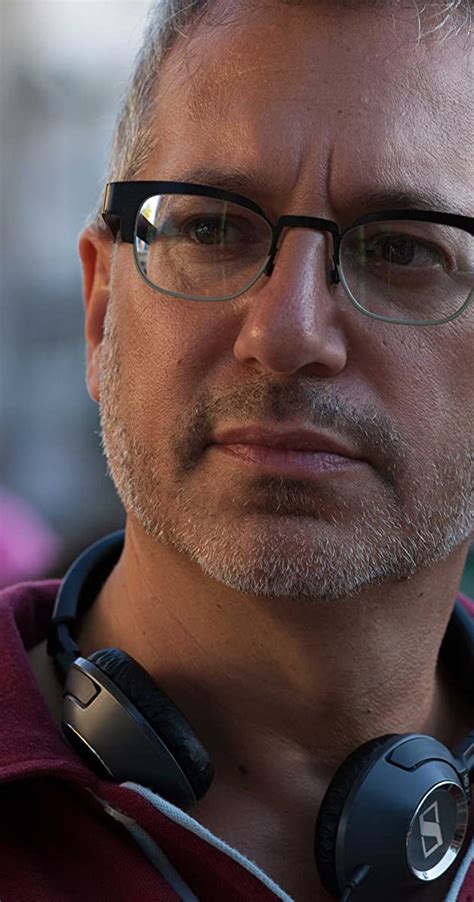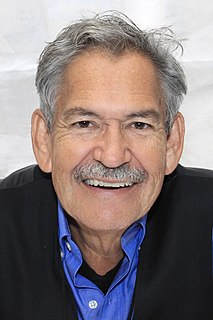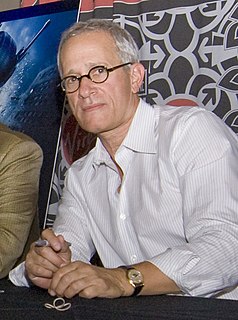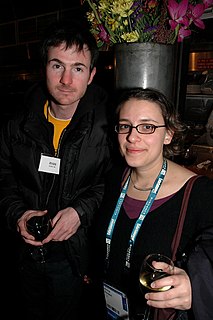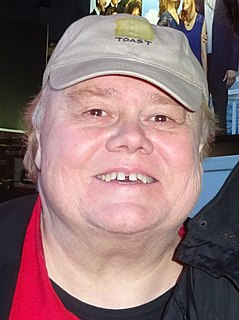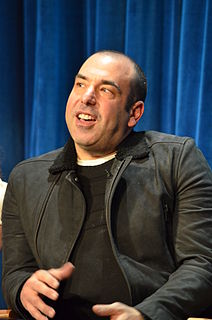A Quote by Jeremy Podeswa
When any character gets killed, there's always a sadness about that, because they're part of the family in a way.
Related Quotes
SADNESSES OF THE INTELLECT: Sadness of being misunderstood [sic]; Humor sadness; Sadness of love wit[hou]t release; Sadne[ss of be]ing smart; Sadness of not knowing enough words to [express what you mean]; Sadness of having options; Sadness of wanting sadness; Sadness of confusion; Sadness of domes[tic]ated birds; Sadness of fini[shi]ng a book; Sadness of remembering; Sadness of forgetting; Anxiety sadness.
We have this huge discourse on family in this country, but no one deconstructs it the same way. People talk about "the American family." The right wing has this thing - Focus on the Family. What the hell is that? I don't want to just discuss the issues - I want family to be a real part of the character of the novels I write, and I don't like to write things that feel like issue books.
Brod discovered 613 sadnesses, each perfectly unique, each a singular emotion, no more similar to any other sadness than to anger, ecstasy, guilt, or frustration. Mirror Sadness. Sadness of Domesticated Birds. Sadness of Being Sad in front of One's Parent. Humor Sadness. Sadness of Love Without Release.
My presence isn't simply about "character" - I'm present in every part and particle of the thing, in the sound and rhythm of the sentences, in the shifting tones and the selection of details, in the comedy, the sadness, and the confusion. For the space of an essay, I'm the air you breathe, everywhere and nowhere. With a personal essay, I don't think you'd want it any other way. You ought to have the sense of an encounter, the impression of having met someone. In my essays, for better or worse, that someone is me.
I would hate to think I'm promoting sadness as an aesthetic. But I grew up in not just a family but a town and a culture where sadness is something you're taught to feel shame about. You end up chronically desiring what can be a very sentimental idea of love and connection. A lot of my work has been about trying to make a space for sadness.
